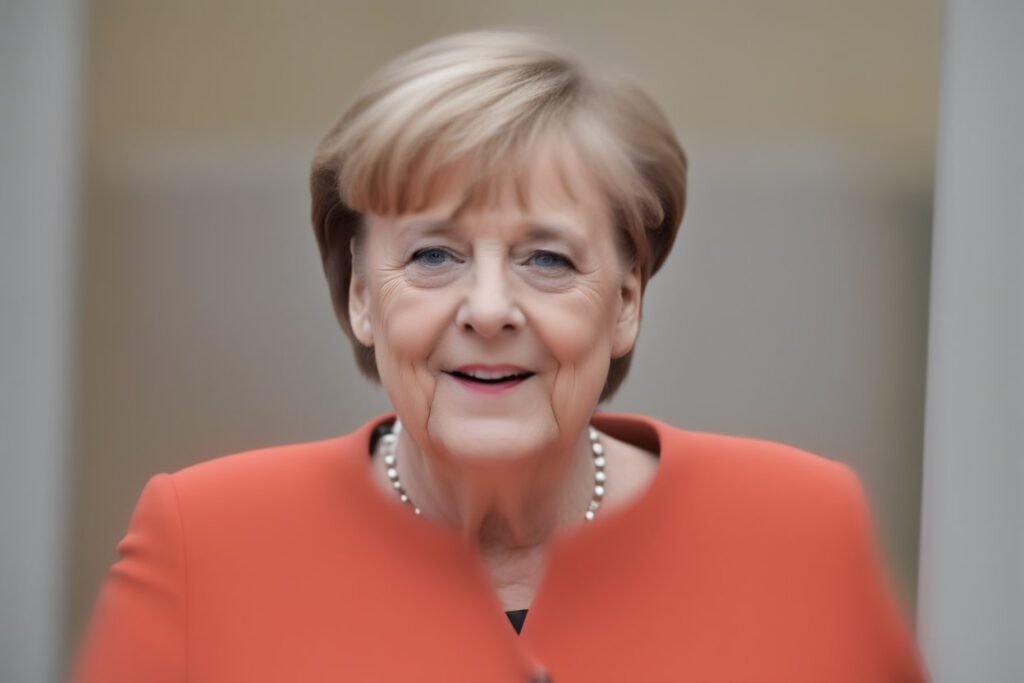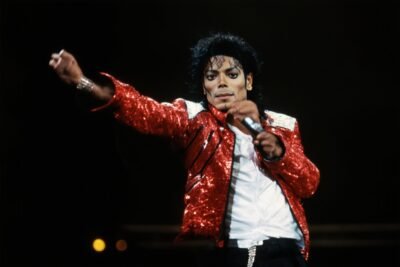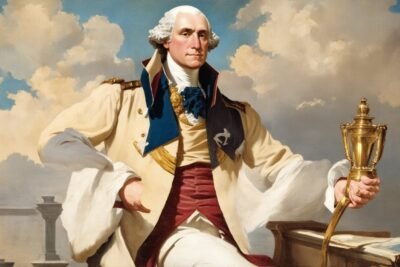
Nicknames for Angela Merkel

Angela Merkel, the former Chancellor of Germany, is one of the most prominent and influential political figures of the 21st century. Known for her steady leadership and pragmatism, she served as Chancellor from 2005 to 2021, making her the longest-serving head of government in the European Union at the time. Over her long career, Merkel has gained numerous nicknames that reflect her leadership style, personality, and impact on both Germany and the world.
- Angela Merkel's best nicknames
-
Frequently Asked Questions (FAQ) about Angela Merkel's Nicknames
- 1. Why is Angela Merkel called "Mutti"?
- 2. What does "The Iron Lady of Germany" mean?
- 3. How did Angela Merkel earn the title "The Queen of Europe"?
- 4. Is Angela Merkel known for her scientific background?
- 5. Why is Merkel referred to as "The Chancellor of Stability"?
- 6. What role did Merkel play in international politics?
- 7. What is the significance of the nickname "Merkel the Mediator"?
Angela Merkel's best nicknames
Here are some of the most famous and creative nicknames that have been used for Angela Merkel:
1. The Iron Lady of Germany
This nickname is a tribute to Merkel’s strong, steady leadership, which has often been compared to that of the British Prime Minister, Margaret Thatcher, who was known as the "Iron Lady." The nickname highlights Merkel’s determination and ability to make tough decisions during times of crisis, such as the Eurozone crisis and the refugee crisis.
2. Mutti
"Mutti," which translates to "Mommy" in English, is a nickname often used affectionately by both her supporters and critics. It refers to Merkel's nurturing and steady approach to governance, where she is seen as a figure who offers stability and care, much like a mother figure. Though some use it in an affectionate way, others find it somewhat condescending.
3. The Chancellor of Stability
Merkel's reputation for providing stability during turbulent times has earned her this nickname. Over the course of her leadership, she managed to guide Germany through multiple financial and political crises, maintaining Germany’s position as one of the strongest economies in Europe.
4. The Queen of Europe
Given her influence within the European Union, Merkel has often been referred to as the "Queen of Europe." She played a central role in shaping EU policies, particularly during crises such as the Greek debt crisis and the migrant crisis. This nickname reflects her dominance and influence over European politics.
5. Die Kanzlerin
Simply translating to "The Chancellor" in German, this nickname is widely used in Germany and refers to her formal title. It reflects the respect and authority she commanded both within Germany and abroad throughout her tenure.
6. Angela the Peacemaker
Merkel’s calm and pragmatic approach to international relations earned her this nickname. She was known for her ability to mediate disputes and bring parties together, whether in the European Union or on the global stage. She was often seen as a stabilizing force in international politics.
7. The German Iron Lady
This nickname draws a parallel with Margaret Thatcher, reflecting Merkel’s strong-willed, no-nonsense leadership style. She is seen as someone who could handle crises with calmness and a firm resolve, yet with a rational approach, making her highly regarded on the world stage.
8. The Guardian of Europe
This title highlights Merkel’s role as a protector of European unity, especially during the financial crises and the Brexit negotiations. She worked tirelessly to preserve the EU’s integrity, showing resilience in the face of adversity and strong leadership during times of uncertainty.
9. The Science Chancellor
Angela Merkel holds a doctorate in physics, which has earned her the nickname “The Science Chancellor.” Her background in science has been credited with influencing her analytical and evidence-based approach to decision-making, especially when tackling issues like climate change, energy policies, and public health.
10. Merkel the Mediator
Merkel was often seen as a mediator, particularly during EU negotiations or in her dealings with other world leaders. Her diplomatic skills were widely respected, and this nickname was used to acknowledge her role in bridging differences and seeking consensus.
Frequently Asked Questions (FAQ) about Angela Merkel's Nicknames
1. Why is Angela Merkel called "Mutti"?
"Mutti" means "Mommy" in German and is an affectionate nickname used by both her supporters and critics. It reflects her nurturing and stabilizing approach to leadership, often being compared to that of a maternal figure who provides care and stability during difficult times.
2. What does "The Iron Lady of Germany" mean?
This nickname is a comparison to the British Prime Minister Margaret Thatcher, who was known as "The Iron Lady" due to her strong leadership and firmness. Merkel was similarly known for her ability to make difficult decisions and her unyielding determination, particularly during financial and political crises.
3. How did Angela Merkel earn the title "The Queen of Europe"?
Merkel earned this nickname due to her significant influence within the European Union, especially during times of crisis. She was considered one of the most powerful political figures in Europe, and her leadership played a pivotal role in shaping EU policies, particularly around the Eurozone crisis and migration issues.
4. Is Angela Merkel known for her scientific background?
Yes, Angela Merkel has a doctorate in physics, which earned her the nickname "The Science Chancellor." Her scientific background influenced her logical, evidence-based approach to governance, particularly in areas such as climate change, energy policy, and public health.
5. Why is Merkel referred to as "The Chancellor of Stability"?
Merkel was known for her steady and pragmatic leadership, particularly during times of crisis. This nickname reflects her ability to provide a stable hand in German politics and in her leadership of the European Union, ensuring stability during economic, financial, and political crises.
6. What role did Merkel play in international politics?
Angela Merkel was widely regarded as a leader who brought calm and reasoned diplomacy to global politics. She played a central role in negotiations around the Eurozone crisis, the refugee crisis, and the Brexit discussions, and she was often called "The Peacemaker" for her mediation skills.
7. What is the significance of the nickname "Merkel the Mediator"?
"Merkel the Mediator" reflects her role in bringing opposing sides together, whether within Germany, the European Union, or on the global stage. She was known for her ability to build consensus, manage disputes, and create compromises in difficult political situations.






You may be interested in: